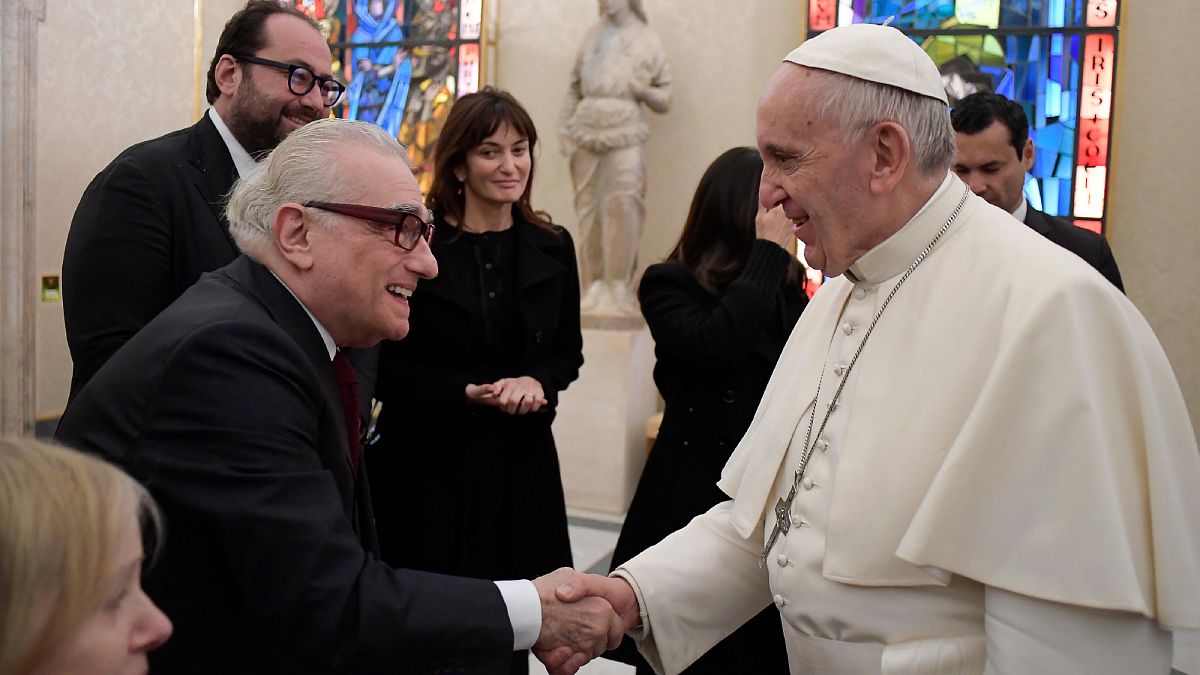The Schelling Architecture Foundation has refused to award the winner of its top prize because they signed a letter pledging to boycott Israeli institutions.
Artist and writer James Bridle was unanimously awarded the biennial Architectural Theory Prize by the Schelling Architecture Foundation in June this year for their “outstanding contributions to architectural theory”.
The foundation awards four winners a €10,000 prize every other year for their “outstanding contributions to architectural theory”.
But on Sunday, ahead of the awards ceremony scheduled for 20 November, Bridle was informed the foundation’s committee would not award them with the prize because they had co-signed a call for a boycott of Israeli cultural institutions.
The Literary Hub boycott letter – signed by around 6,000 authors including Percival Everett, Sally Rooney, and Viet Thanh Nguyen – states that signees “cannot in good conscience engage with Israeli institutions without interrogating their relationship to apartheid and displacement,” in response to “Israeli cultural institutions, often working directly with the state, have been crucial in obfuscating, disguising and artwashing the dispossession and oppression of millions of Palestinians for decades.”
In response, the Schelling Foundation, wrote that it “faces a profound and delicate problem, a problem arising from our awareness of Germany’s history and of the responsibilities resulting from that history.”
“James Bridle’s signature on a call to boycott Israeli cultural institutions is directly at odds with this responsibility – and it is the reason the Foundation is unable to award him the prize,” the foundation’s press release reads.
“We respect the right to express James Bridle’s political position, especially as the foundation is not accusing James Bridle of anti-Semitism. But the Foundation can neither support nor be associated with a call for the cultural isolation of Israel.”
Tomorrow’s award ceremony in Karlsruhe will still go ahead and will award Teresa Gali-Izard, LOLA Landscape Architects, and Bureau Bas Smets the three remaining prizes.
Bridle responded to the situation to the Guardian, saying: “Although they are clearly not prepared to state it outright, the foundation’s decision is an accusation of antisemitism, which is abhorrent. It is particularly so given the organisation’s own history.” The foundation has since further said that: “The fact that the Foundation accuses James Bridle of ‘anti-Semitism’ is decidedly not true.”
“Rather, we see a one-sided call for a boycott as a refusal to engage in dialogue. Many people in Israel have friends in Palestine / the Gaza Strip – and vice versa. They must be supported. So that new friendships can develop as a basis for peace. The Schelling Foundation is of the opinion that a unilateral call for a boycott is not a suitable way to initiate or support peace initiatives.”
The foundation is named after German architect Erich Schelling, founded after his death in 1992. In his life, Schelling was a member of multiple Nazi organisations, including the party’s paramilitary organisation, the Sturmabteilung. He remained in these organisations until the Nazi party fell in 1945.
The Schelling Foundation’s decision to revoke Bridle’s prize is in part a response to the German government passing a resolution to combat antisemitism, first proposed after 7 October 2023. “The Bundestag reaffirms its decision to ensure that no organisations or projects that spread antisemitism, question Israel's right to exist, call for a boycott of Israel or actively support the Boycott, Divestment, Sanctions (BDS) movement receive financial support,” the government has said of the resolution.
But the resolution is not without controversy. Amnesty International Germany told DW: “Many actors from human rights organizations, the arts, culture and academia are already unsettled and are reluctant to speak out on human rights violations in the Middle East conflict, to speak publicly on the topics of antisemitism, anti-Muslim racism, Israel and Palestine or to take to the streets, partly for fear of repression – such a resolution will further reinforce this trend of self-censorship, mistrust and division”.
Additionally, lawmakers in Germany have questioned the workability of the resolution. “Earlier drafts were criticised severely by lawyers as most likely unconstitutional. In view of these criticisms, it is puzzling to see that the final version of the text is mostly unchanged,” Ralf Michaels, the director of the Max Planck Institute for Comparative and International Private Law in Hamburg, said.
The Bundestag passed a resolution in 2019 describing the BDS movement as antisemitic, despite its own research service finding it to be against Germany’s constitution. “The resolution itself is not binding, though experience from the 2019 resolution suggests it will nonetheless be effective, both as administrative guidance and as a basis for self-censorship,” Michaels added.

 5 months ago
46
5 months ago
46






 We deliver critical software at unparalleled value and speed to help your business thrive
We deliver critical software at unparalleled value and speed to help your business thrive






 English (US) ·
English (US) ·